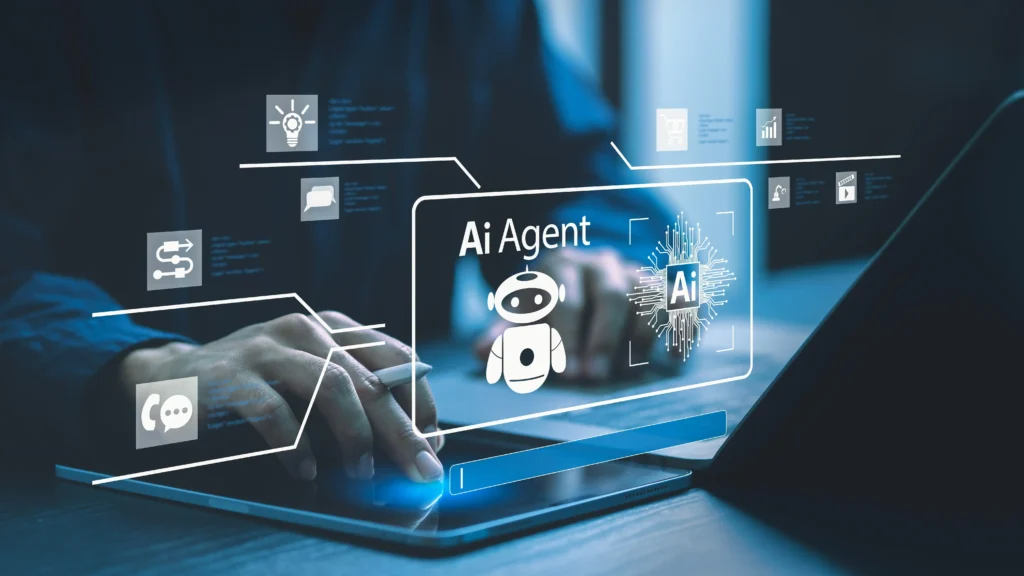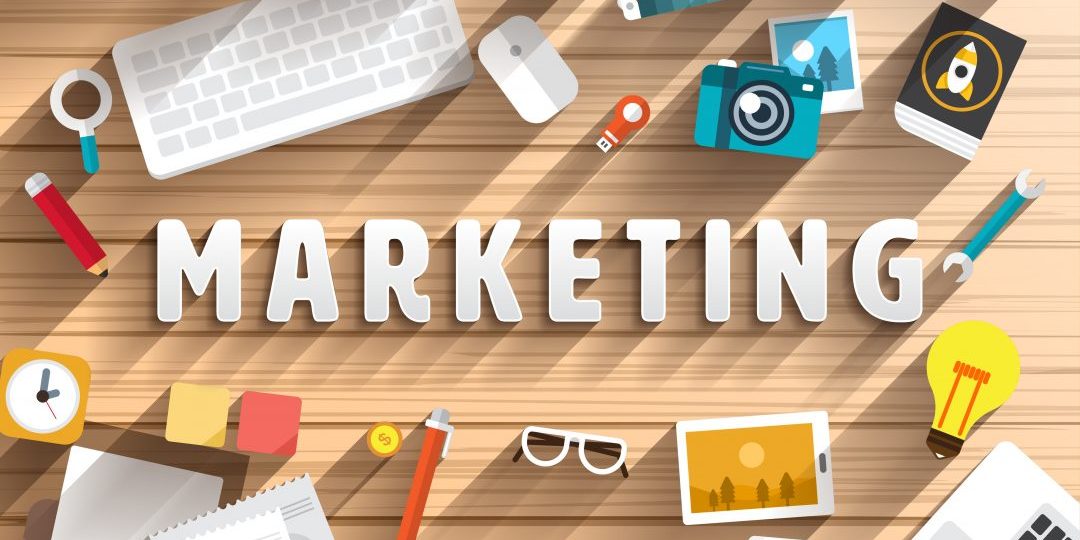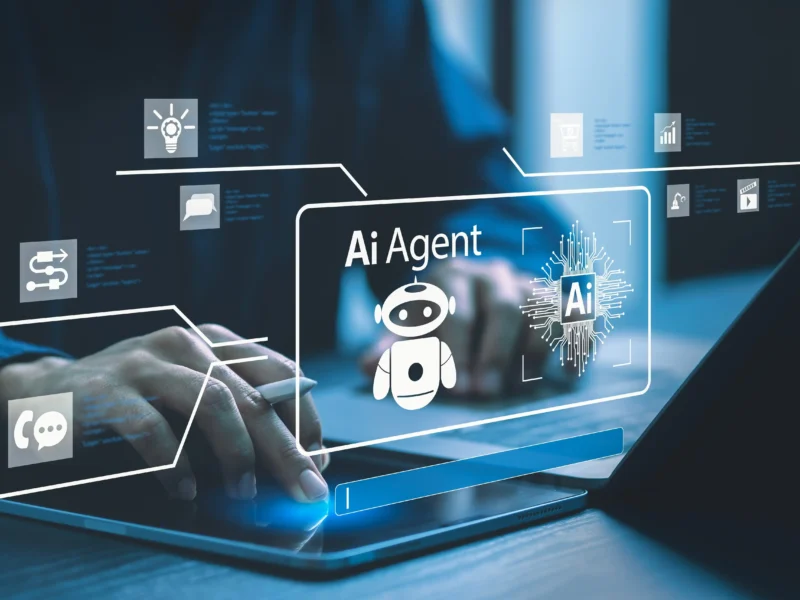In the ever-evolving world of technology, 2025 is shaping up to be the year of AI agents. While AI tools have been integrated into various industries for years, we’re now witnessing a powerful shift: the emergence of autonomous AI agents capable of making decisions, taking actions, and completing complex tasks — with minimal human intervention.

What Are AI Agents?
AI agents are software programs powered by advanced large language models (LLMs) and multi-modal reasoning systems. Unlike traditional automation scripts, these agents don’t just follow commands — they understand goals, adapt to context, and self-correct errors along the way.
Imagine a virtual employee who:
- Books meetings after checking everyone’s availability,
- Writes emails tailored to the recipient’s tone,
- Files expense reports from receipt images,
- Analyzes business trends and generates strategy slides.
That’s no longer science fiction. It’s 2025.
Why Are They Trending Now?
Several breakthroughs have fueled this shift:
- GPT-4o and its successors combine vision, voice, and language into a single model, enabling agents to see, hear, and speak.
- Autonomous frameworks like AutoGPT, OpenAgents, and Devin (the AI software engineer) show agents handling entire workflows without supervision.
- Cloud platforms now offer plug-and-play agent support, making it easier for startups and enterprises to build custom assistants.
Industries Already Being Transformed
1. Customer Support
AI agents handle live chats, troubleshoot issues, and escalate only when needed — reducing costs by up to 60%.
2. Software Development
Tools like Devin can debug code, manage pull requests, and deploy updates — almost like a junior developer working 24/7.
3. Marketing
AI agents write and test ad copy, track campaign performance, and even A/B test creatives — freeing teams for strategic work.
4. Operations & HR
From onboarding new hires to managing internal knowledge bases, agents streamline repetitive internal tasks.
Challenges & Ethical Concerns

With great power comes great complexity. Some pressing concerns include:
- Job displacement in administrative roles
- Data security when agents access sensitive documents
- Accountability — who’s responsible when an AI agent makes a bad decision?
Companies are being urged to adopt AI safety protocols, clear boundaries, and human-in-the-loop systems to maintain oversight.
What’s Next?
By late 2025, we may see:
- Personal AI agents managing your schedule, finances, and digital presence
- Multi-agent collaboration, where multiple agents coordinate like teams
- Voice-native agents embedded in wearables, smart glasses, and AR environments
The takeaway? If 2023 was about using AI, and 2024 was about integrating AI, then 2025 is about delegating to AI.


